VITALITY



As someone who has struggled with anxiety for the majority of my life, I have been through the ups and downs of my mental health for quite some time. Even when I feel like I’m in the clear, there is some sort of challenge that appears that I need to navigate through. The healing I have been through, and continue to work at, is the polar opposite from linear. Rather, there are highs, lows, twists, and turns. Even though life around us is constantly changing, and it seems to be scary, we are changing along with it even if we don’t necessarily welcome that change. I have and still struggle with this idea, but this is a big reason why I decided to create this magazine. Mental health means something to me personally, and has become a widely talked about topic because of the commonality it now has in our society. This life isn’t easy as it is, but adding in the daily struggles that mental health brings can often make us feel alone, or lead us onto a path of not taking the best care of ourselves. I have been down this path myself, which led me to discover some techniques and practices that help to brighten my days, even just a little bit. Although I am still learning what is best for me and navigating through these struggles, I hope to provide some assistance throughout this magazine that I have deeply researched and believe can be helpful from personal experience.
By putting together my passion for bringing awareness to mental health with my love for photography and design, I created this magazine for anyone who is struggling themselves, knows someone who is struggling, or just wants to create a more positive lifestyle for themselves. Through the main topics of self-care, mindfulness, wellness, and personal growth in addition to personal stories from real people that struggle with mental health, I hope you can resonate with and learn something that you can take with you as you navigate through your own journey in this world.
- Dana Pezzuti
An introduction to mental health, how common it is in our society, and how self-care practices can help.
All about what self-care is and how we can practice it in our lives, along with some personal care essentials.
This is all about why we should start implementing healthy habits in our lives, and how it can postitvely affect our mental health. Practices such as physical exercise, setting routines, and getting outside are delved into deeper.
Hear from real people authentically sharing their stories with mental health struggles, and what has helped them through.
Mental health has become a more commonly talked about topic in the recent years due to the growing rates of mental health issues in the population. Not only does mental health have an affect on individuals emotionally, but can also affect physical health and overall well-being. It was found that over 50 million Americans suffer from mental health conditions, and more than half do not get the help that is needed or recommended. Because it has become more normalized to talk about mental health conditions, there are more helpful techniques and tips out there for use. Although therapy and more serious treatments often provide the best help with more severe mental health cases, there are practices out there that can be used for those suffering with everyday stress, anxiety, and more. Starting to learn about and using these practices in our daily life can be an aid in walking on a path to a more positive life.

Self-care is an important practice that we should be applying in our daily lives. The methods of self-care that work best vary depending on the individual, and what sorts of things they are going through. Top self-care practices include physical activity, physical health, relaxation, and social support. Self-care is an aid for mental health because it can reduce stress, increase our energy, and overall make us feel better mentally and physically. The whole idea of self-care is implementing little healthy habits in our daily lives that make us feel good and allow us to feel taken care of.

A self-care practice can be as simple as setting aside time to pamper ourselves, so we feel our best and feel taken care of. People often think feeling happy and healthy comes from doing a lot each day, working hard, and so on. However, a lot of the time, we feel our best when we take a step back and give our bodies and minds the care they need. Relaxing, taking a long shower, focusing on skin and body care, or allowing ourselves time to unwind can often be exactly what was needed all along. Self-care shouldn’t mean taking on everything we possibly can everyday, but instead doing whatever is best for oneself, whatever that may mean to us.
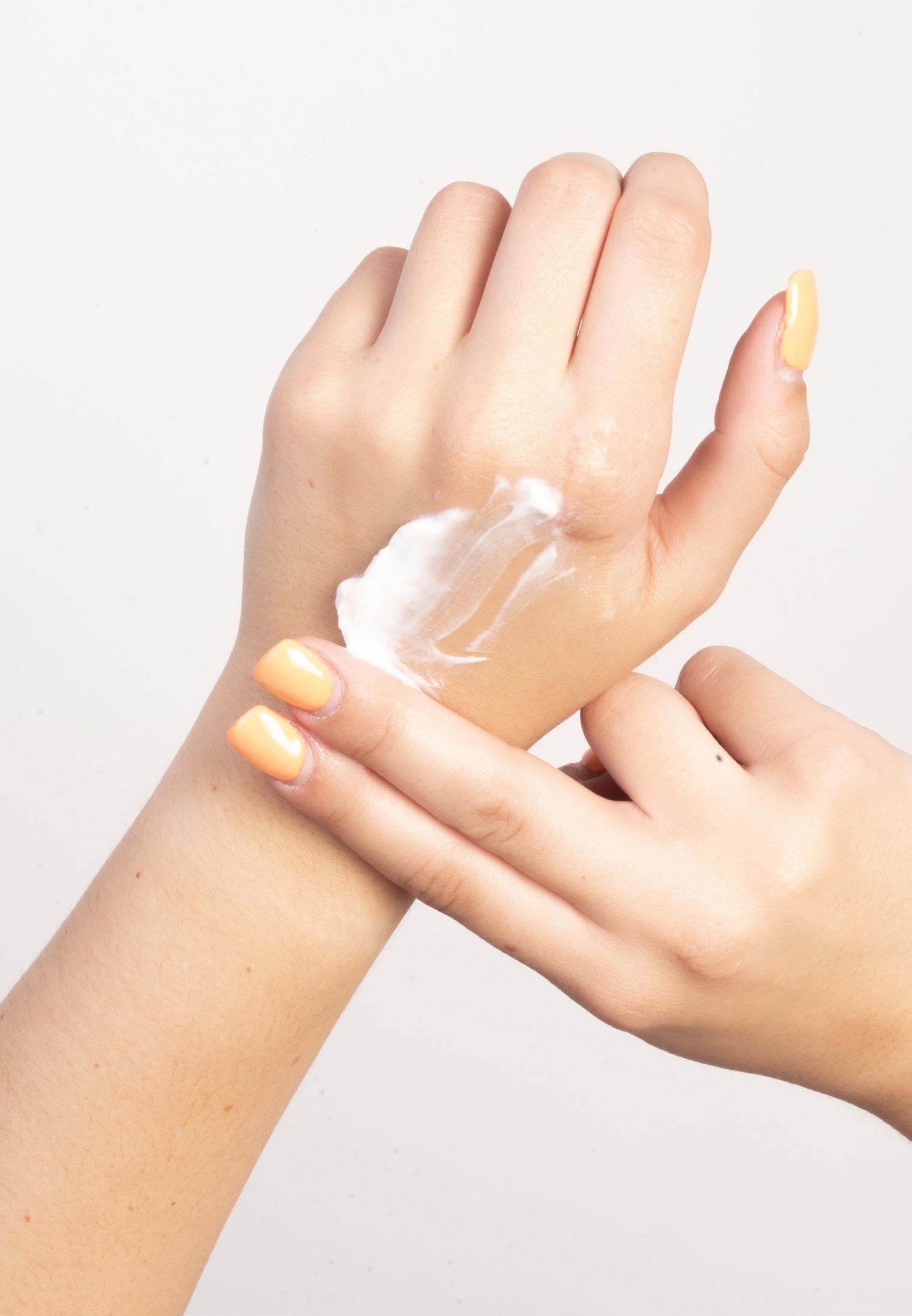
“ Self-care is understanding that to pour into others, you must first pour into yourself. “
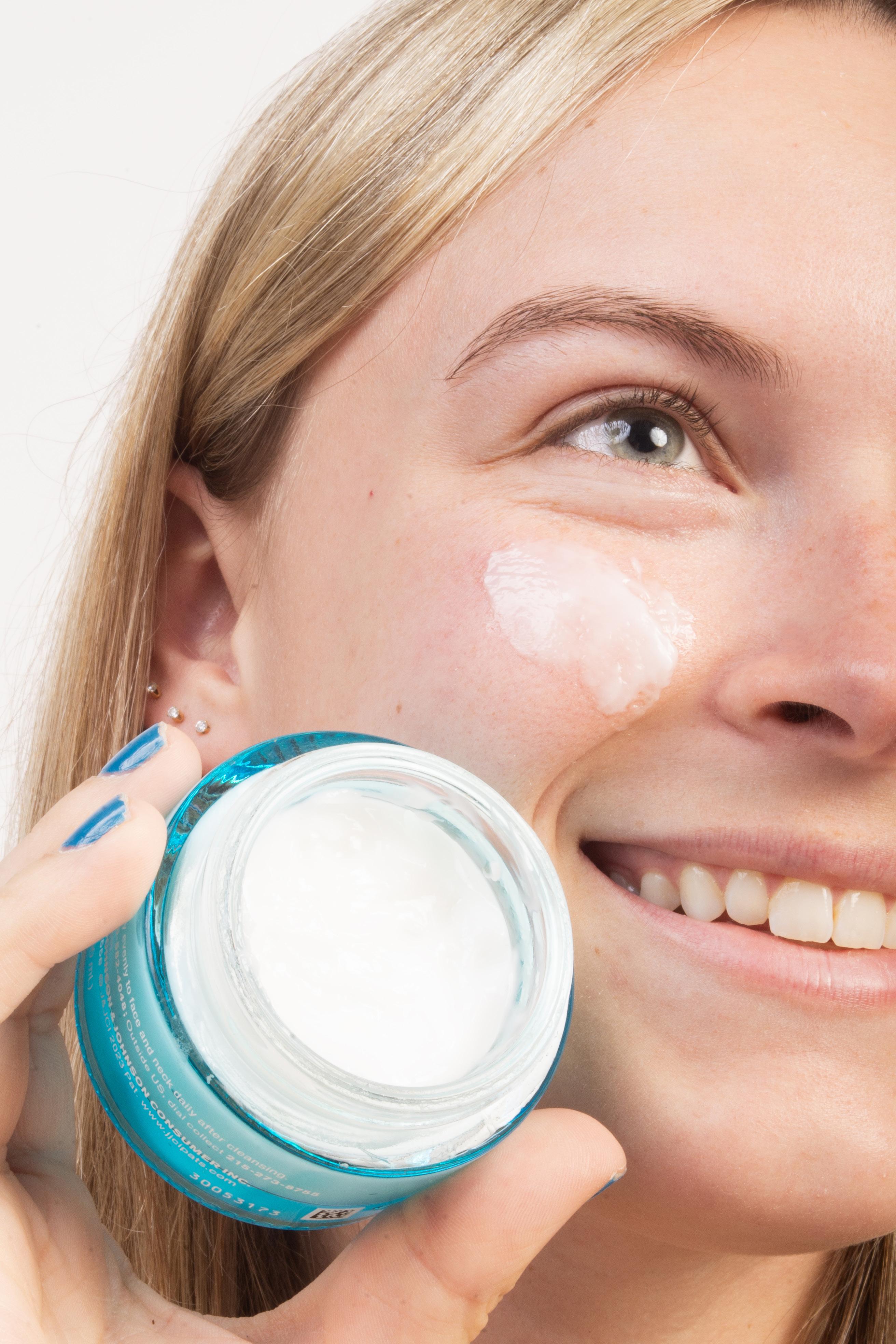
Using products in our everyday routines can make all the difference in how we feel. We often put taking care of ourselves to the side when we have other things to focus on, but prioritizing self-care is an important part of a healthy life. Sometimes, all we need is to pamper ourselves to feel our best. Picking out your favorite body wash scent, investing in skin-care favorites, or doing your makeup to feel good are all some simple ways to practice personal self-care.
Personal care products are essential for not only maintaining our physical health, but also making us feel good about ourselves mentally. Taking care of our physical bodies gives us a confidence and self-esteem boost, which has a positive impact on our mental health. The act of self-care when it comes to our bodies can be an aid in reducing stress, as it can be a calming experience in a therapeutic way.
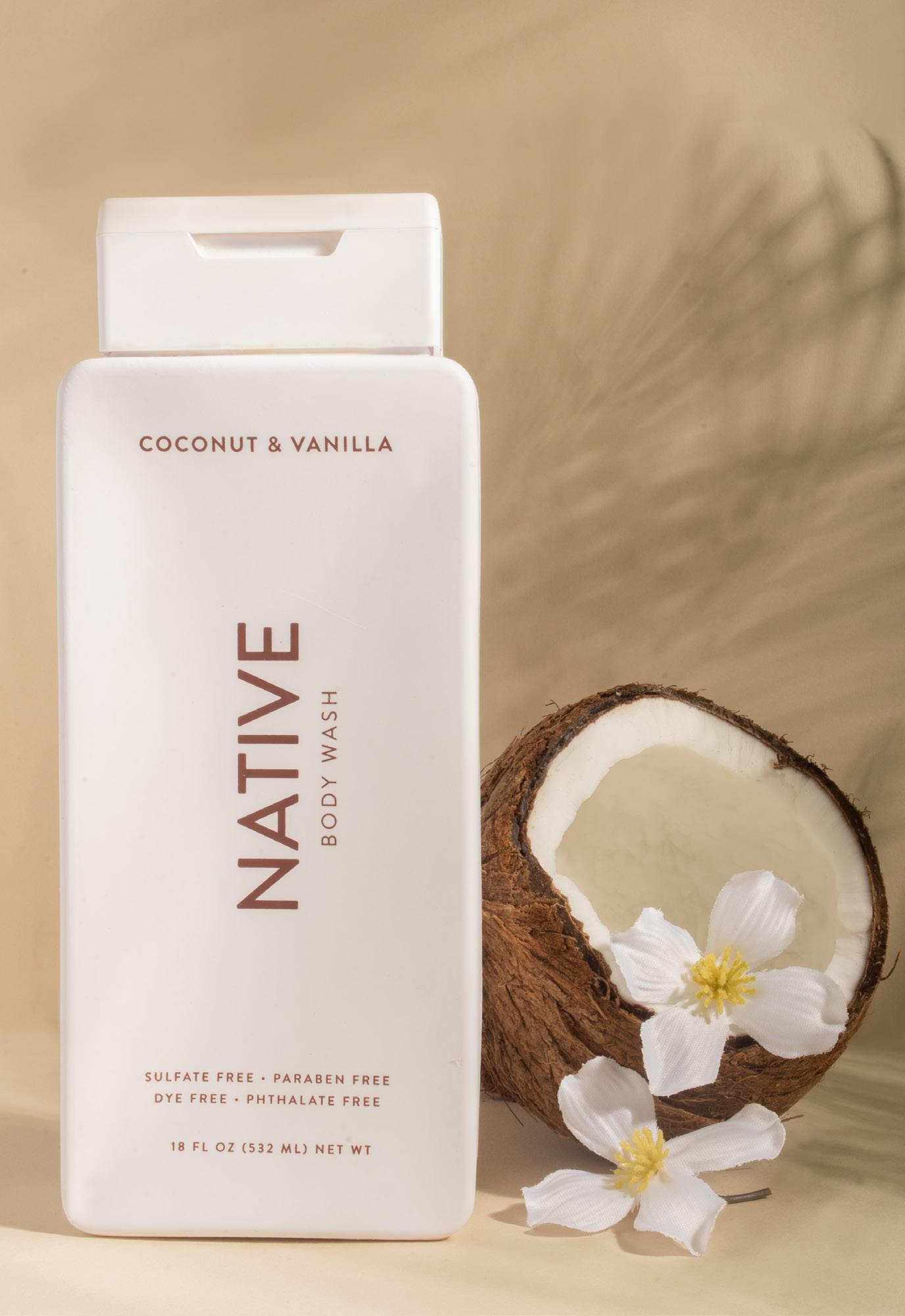
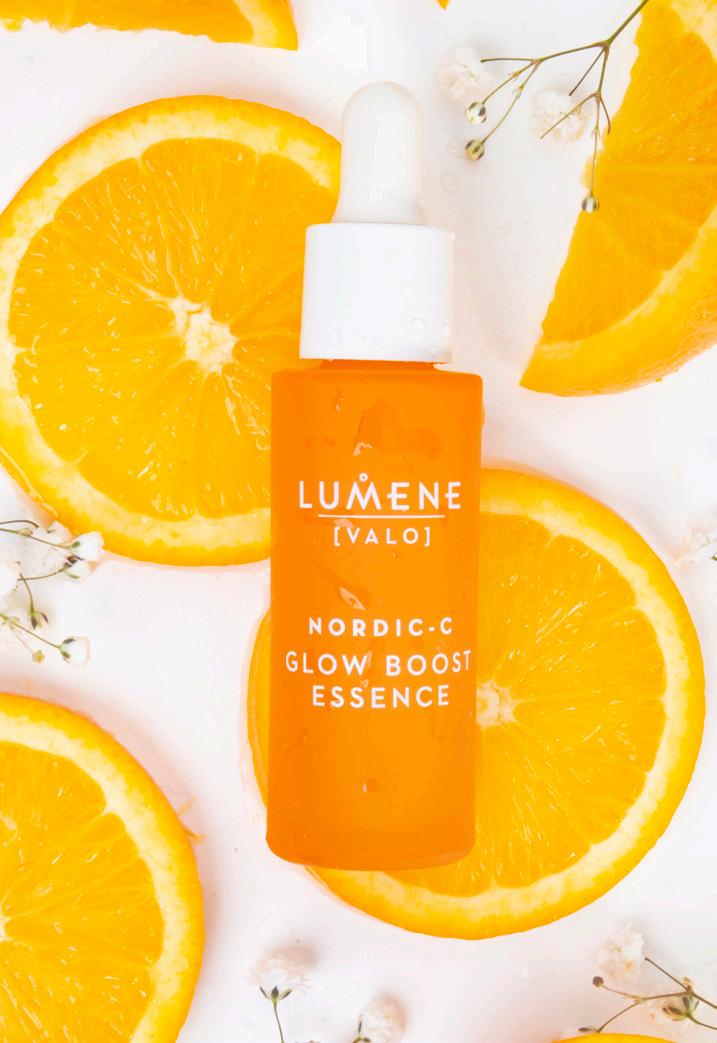
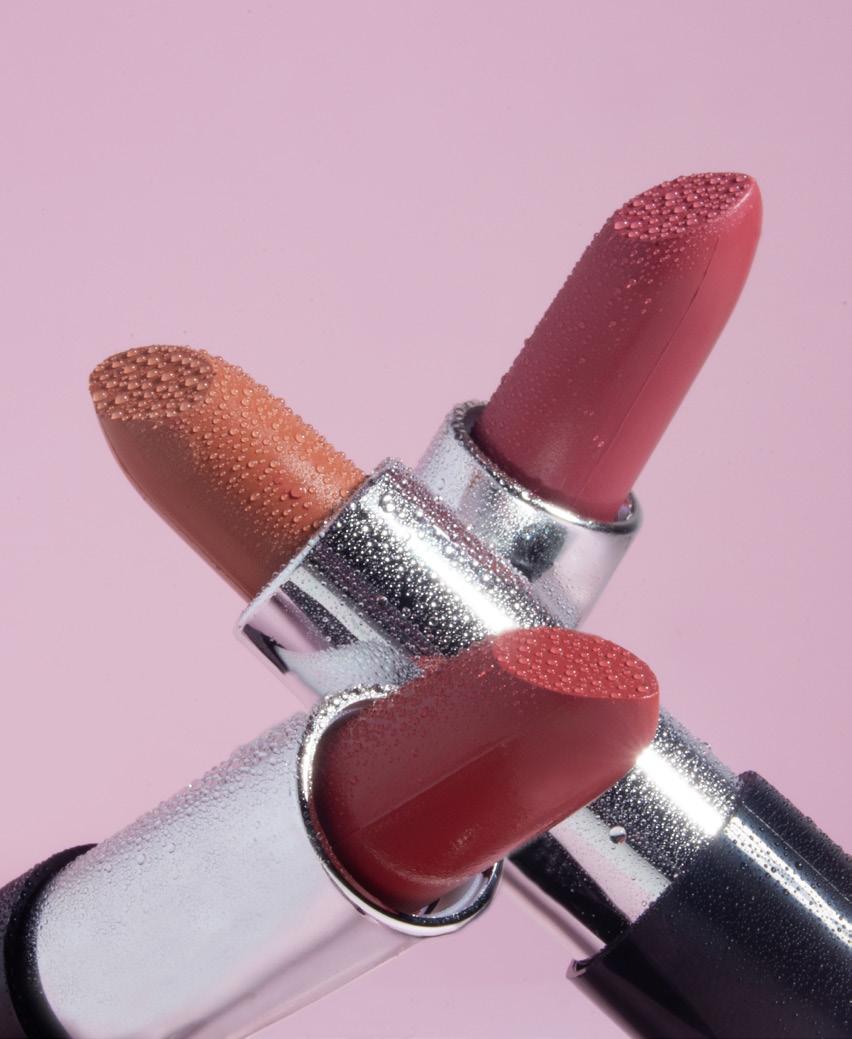
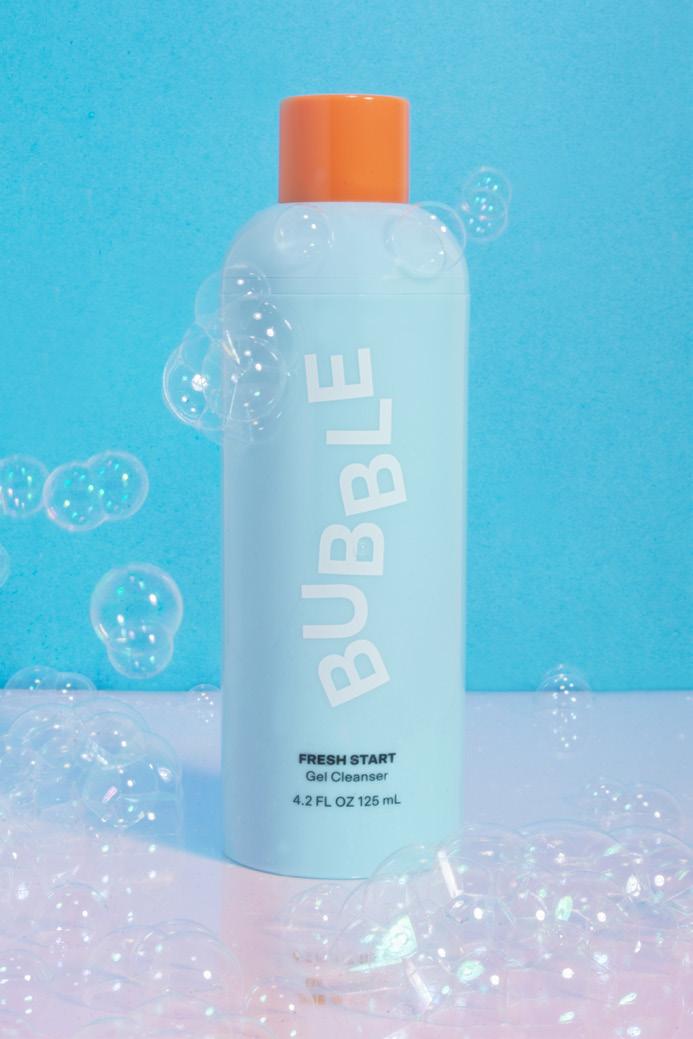
Setting aside time each day to start implementing self-care practices and healthy habits can make all the difference in our lives. Whether it is going to the gym, getting outside daily, or setting a routine, these can help to leave a positive impact on us daily.
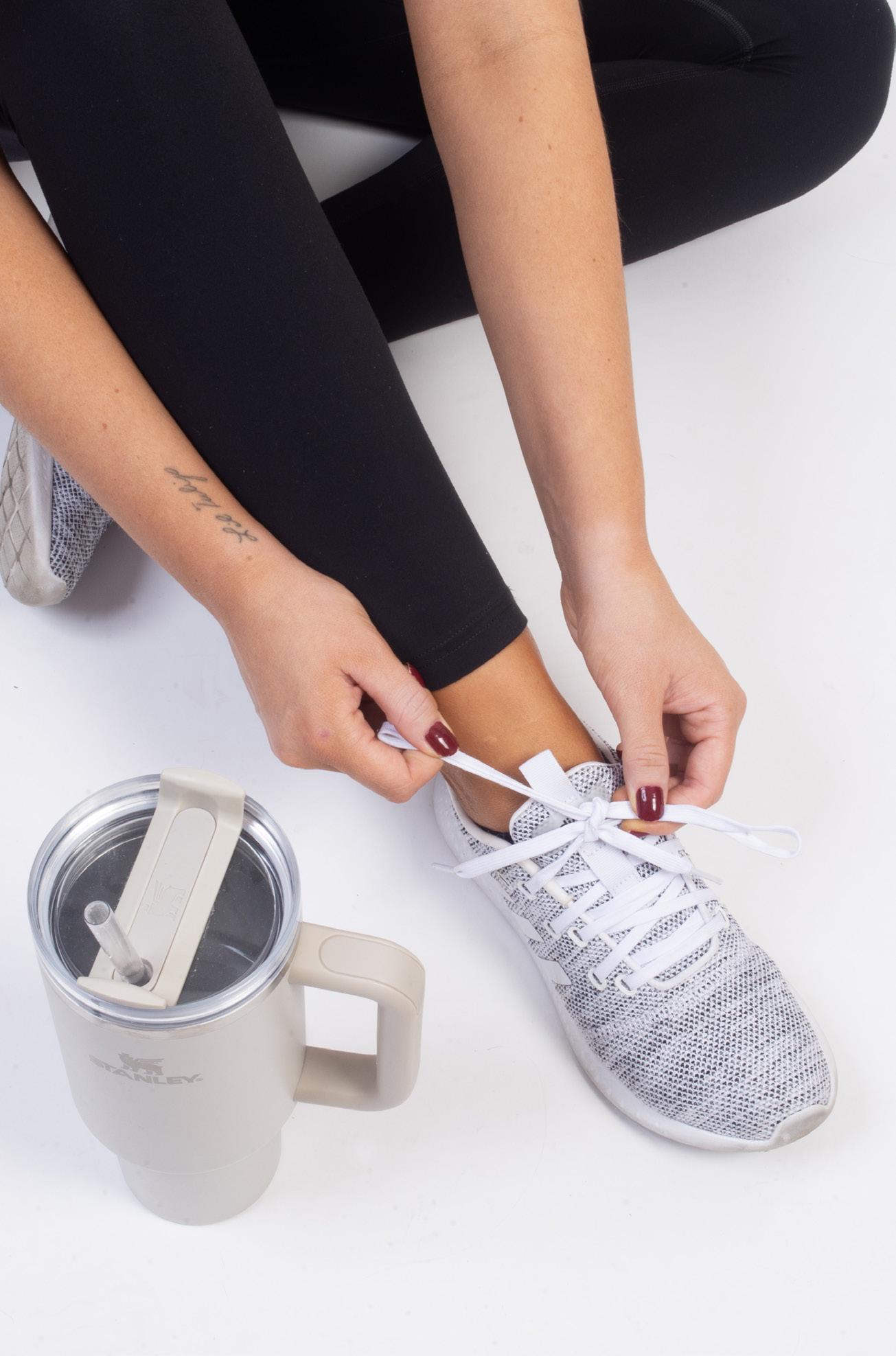
Physical exercise was reported to be one of the most commonly used self-care strategies that was proven to be associated with an overall better well-being. Exercise has been studied to reduce stress and anxiety, and improve moods. This is due to the fact that getting our heart rate up causes a rise in the serotonin and endorphin levels, which are considered the “feel good” chemicals in our body. It also changes our brain chemistry, reducing our stress hormones when we are engaging in physical activity. Not only does exercise help improve moods and reduce stress, but also helps us sleep well, which allows us to have more energy and overall feel better.
There are a lot of different types of exercising, and what feels best to each individual can vary. Any way of moving our bodies can help our well-being, bringing both physical and mental benefits. Going to the gym, taking a walk outside, trying fitness classes, or connecting deeper into the body with yoga are all ways of getting active, and each of them is a healthy example of this habit that we should be implementing in our daily lives.
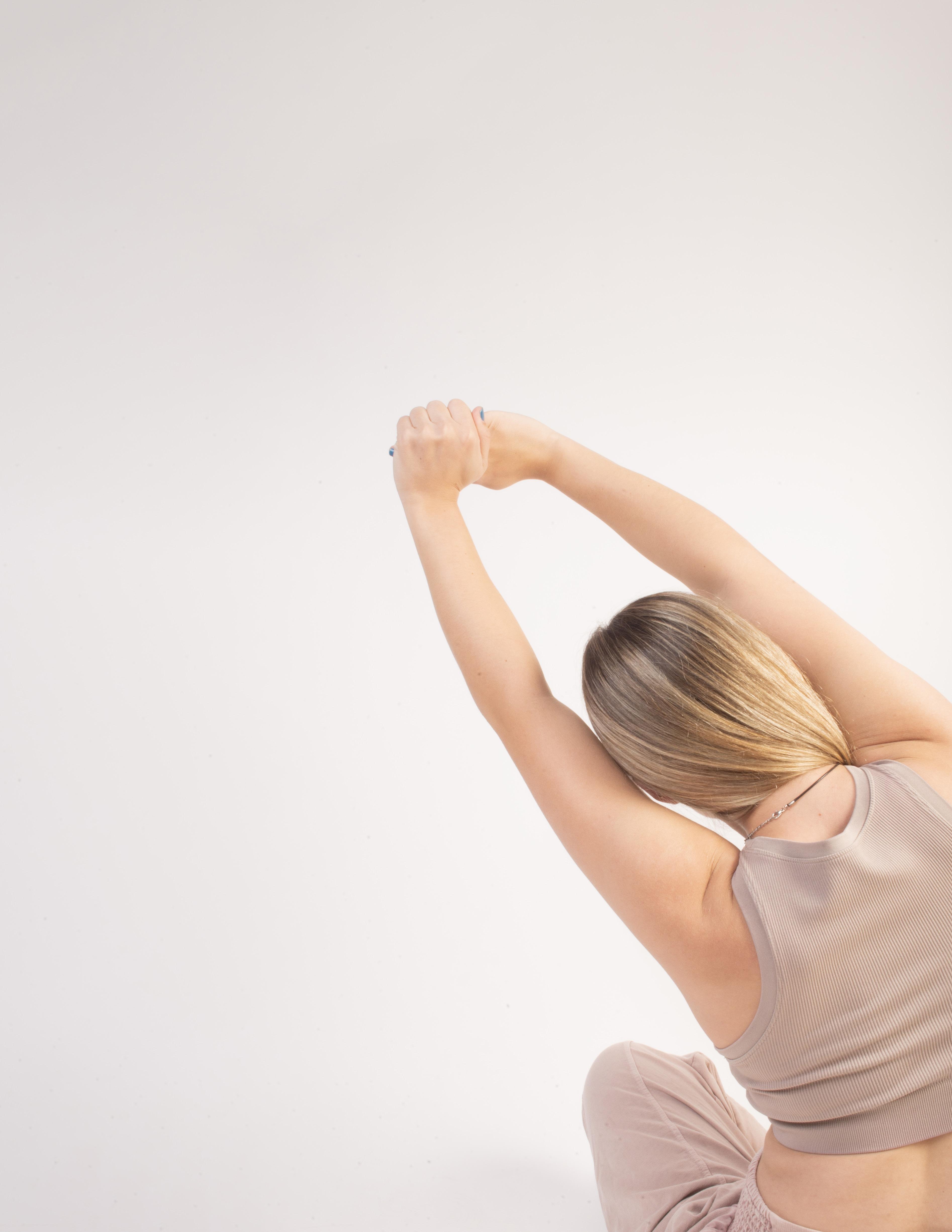
Waking up and diving straight into looking our phones and social media has become the new norm. While it might seem like a relaxing habit to mindlessly scroll through feeds in bed, it can unknowingly contribute to stress and anxiety. Beginning the day with screen time overwhelms our minds with information, hindering the natural transition into the day. This can cause a negative impact on our energy levels, increase feelings of stress and overstimulation due to information overload, and lead to feel more reliant on our phones throughout the day.
If we create a relaxing morning routine filled with healthier habits, it can set a more positive tone for the rest of our day. Prioritizing getting out of bed before checking our phones can be the first step to reshaping the mood to our day. Engaging in morning activities that bring us joy away from our screens can help us achieve this, and there are many simple habits we can try. Starting off with enjoying a fresh cup of coffee with a book, drinking a cup of water for a refreshing start, taking some meditative deep breaths, or reciting positive affirmations to ourselves are just a few examples. Something as simple as this can allow us to start our day on a more peaceful note, and will have us feeling more energetic and ready to take on the day.
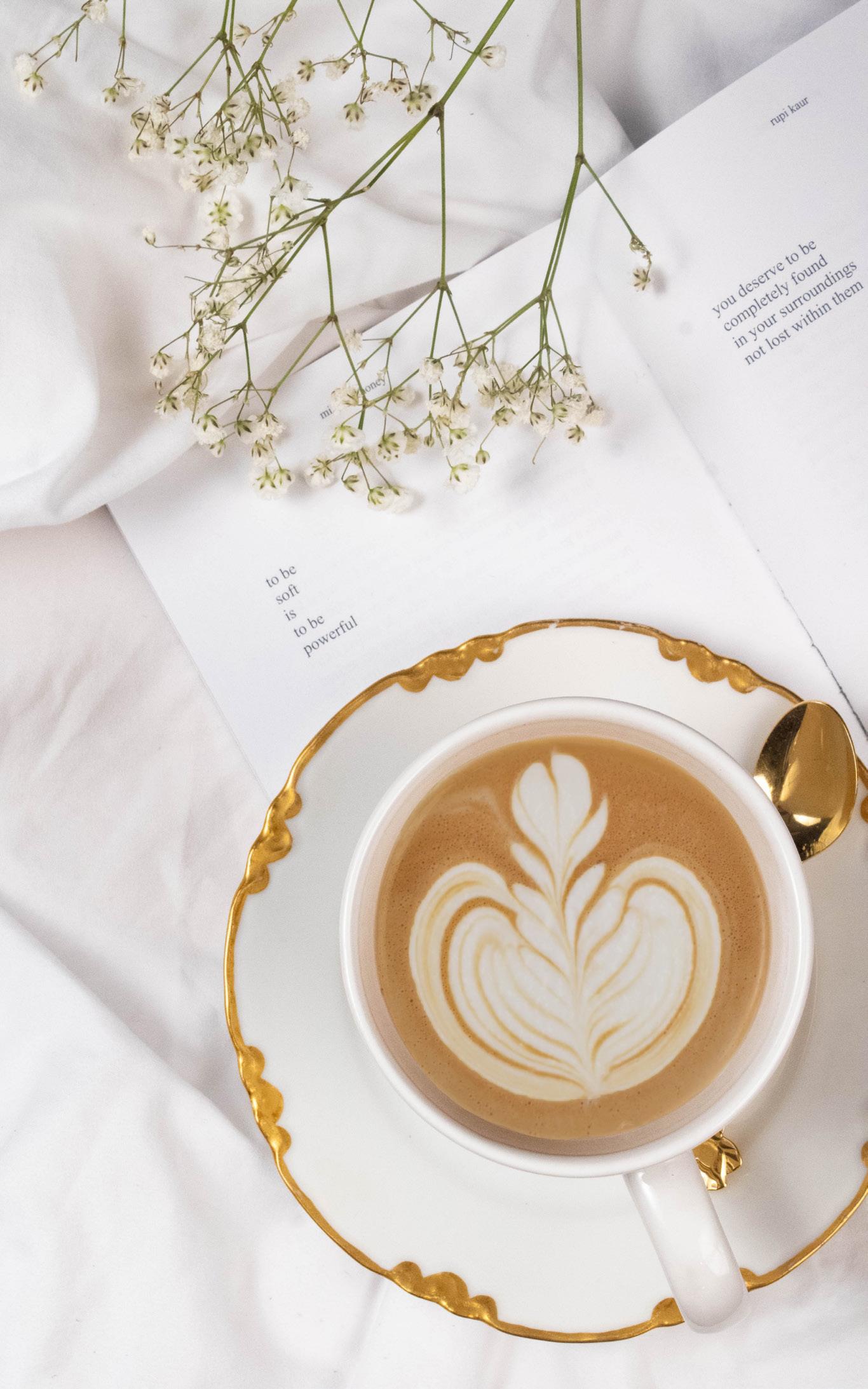
There are multiple reasons why connecting with nature and spending time outdoors has a profoud effect on both our physical and mental health. For one, getting some sun exposure daily increases Vitamin D levels in our body, which can help improve our mood. Natural settings have been proven to have a calming effect on our brains, which can be of help when experiencing feelings of anxiety and depression. Simply taking a walk outside or sitting in the sun can provide relief for our minds and our bodies.
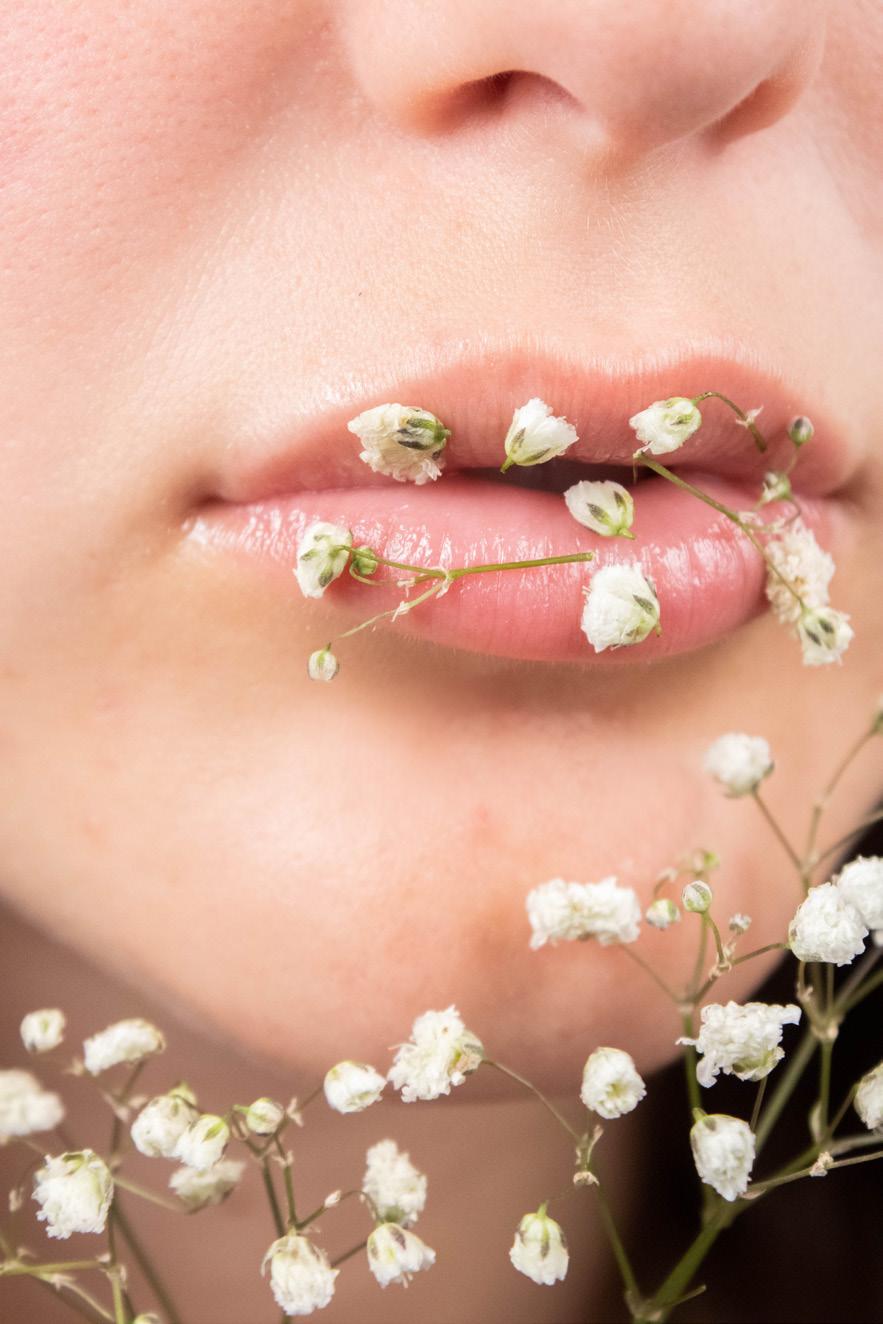
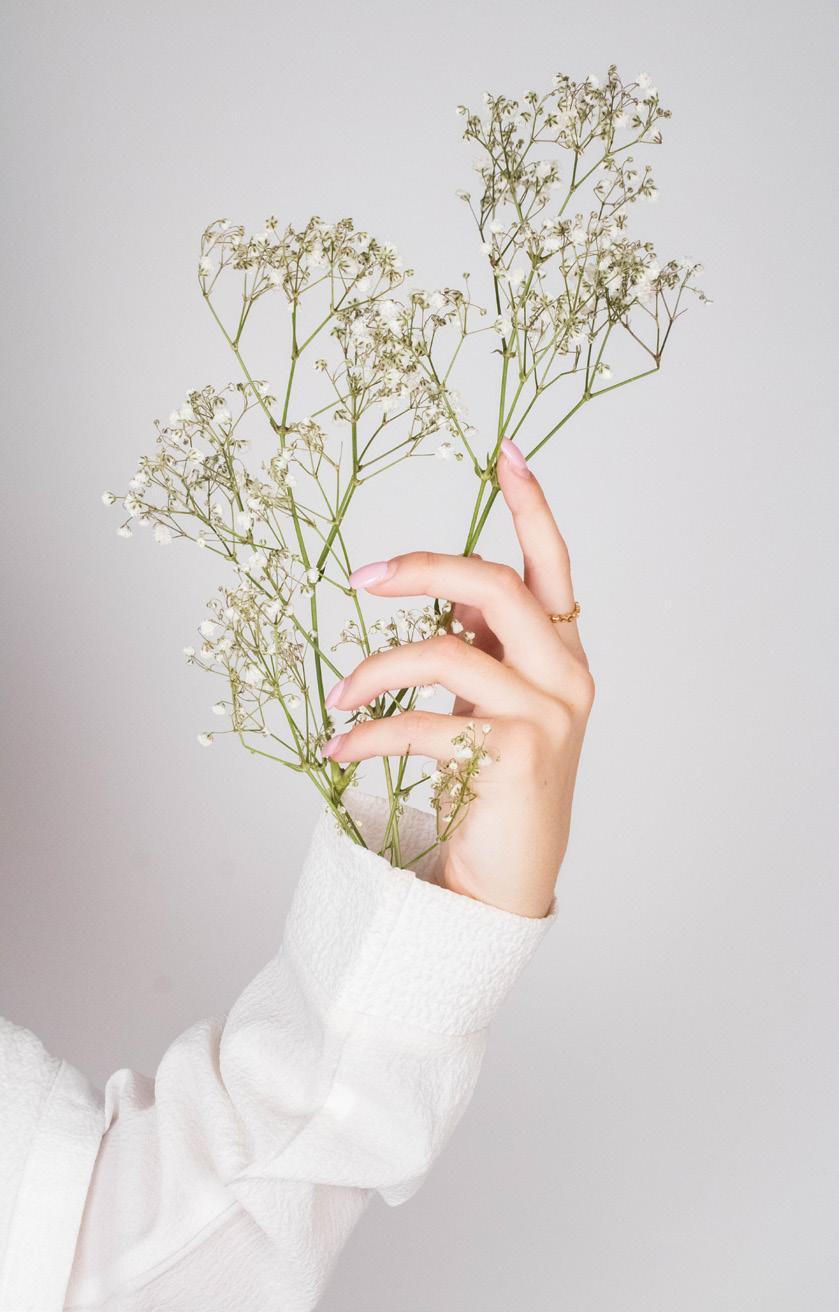
One of the best benefits we can get from being out in nature is feeling more connected to our surroundings, and ourselves. Research shows that, “People who reported not feeling connected to nature also didn’t feel connected to themselves, to others, or to spirituality/purpose. (MHA’s Connection Survey).” This just proves how important nature is in our lives, and how we should make it a point to get outside daily. Everyday life consisting of work, school, and other responsibilities often takes up most of our time, and leaves us with limited space for ourselves. This leads us to resort to screen time, on our phones or TV, in any of the free time we have. If we can set aside a little bit of time to put ourselves first, and make it a point to get outside everyday, there could be a big difference in our moods and stress levels.
the very essence of our humanness is tied to our connections with the natural world
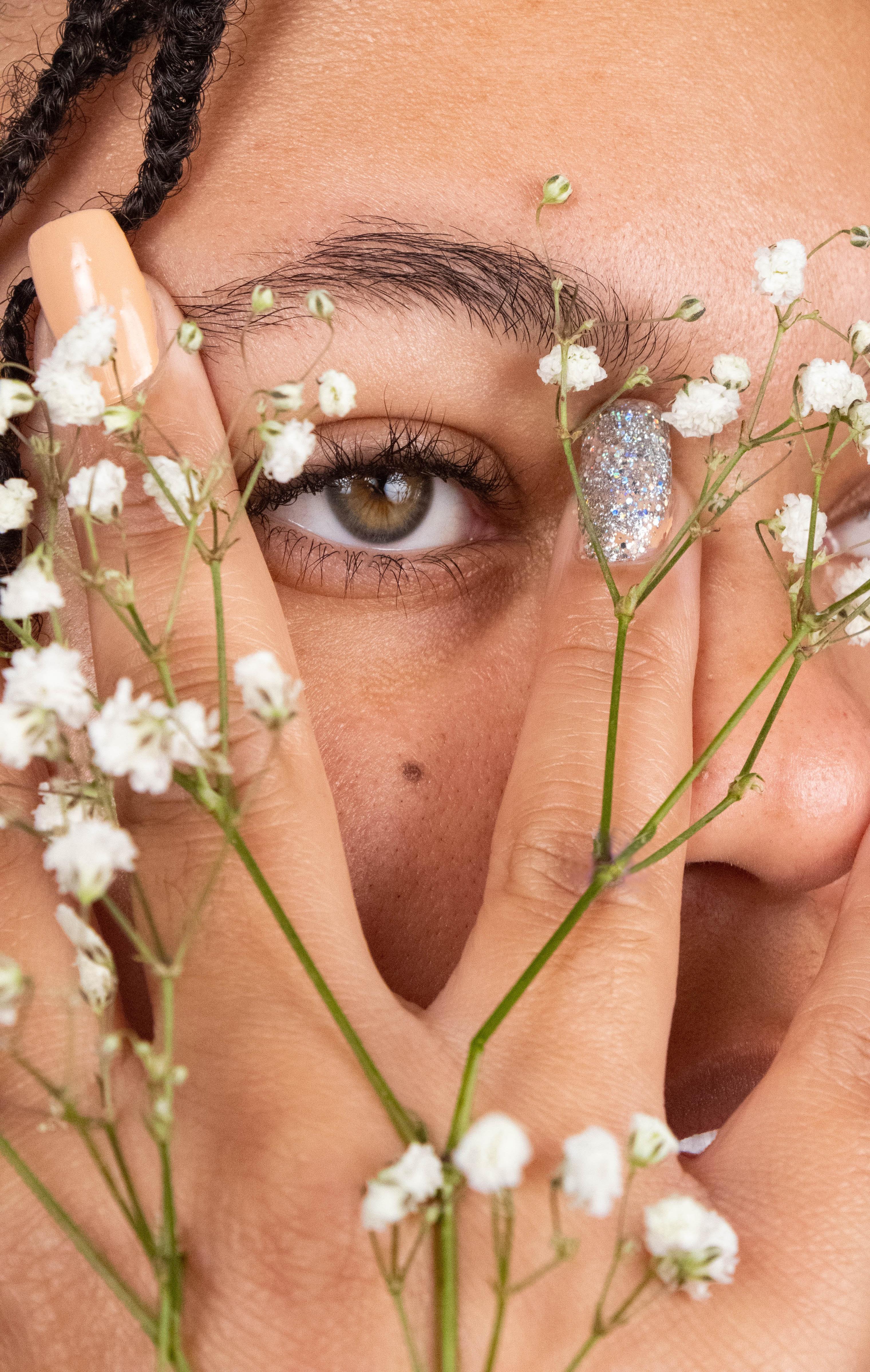
It’s safe to say that almost everyone struggles mentally at some point during their lifetime in varying degrees. Many people feel alone in the situations they are going through, and often believe they are the only ones experiencing this type of difficulty. Shedding light on mental health in general and having real-life experiences from real people being shared can help us to resonate with one another, and feel more connected. I have interviewed five different young adults who took the time to give us an insight into their mental health journey, including personal experiences, tips, and advice. Hopefully hearing someone’s story can be an aid in providing some comfort in knowing we are not alone in how we feel, and will give us the opportunity take away some things that can help us in our own lives.
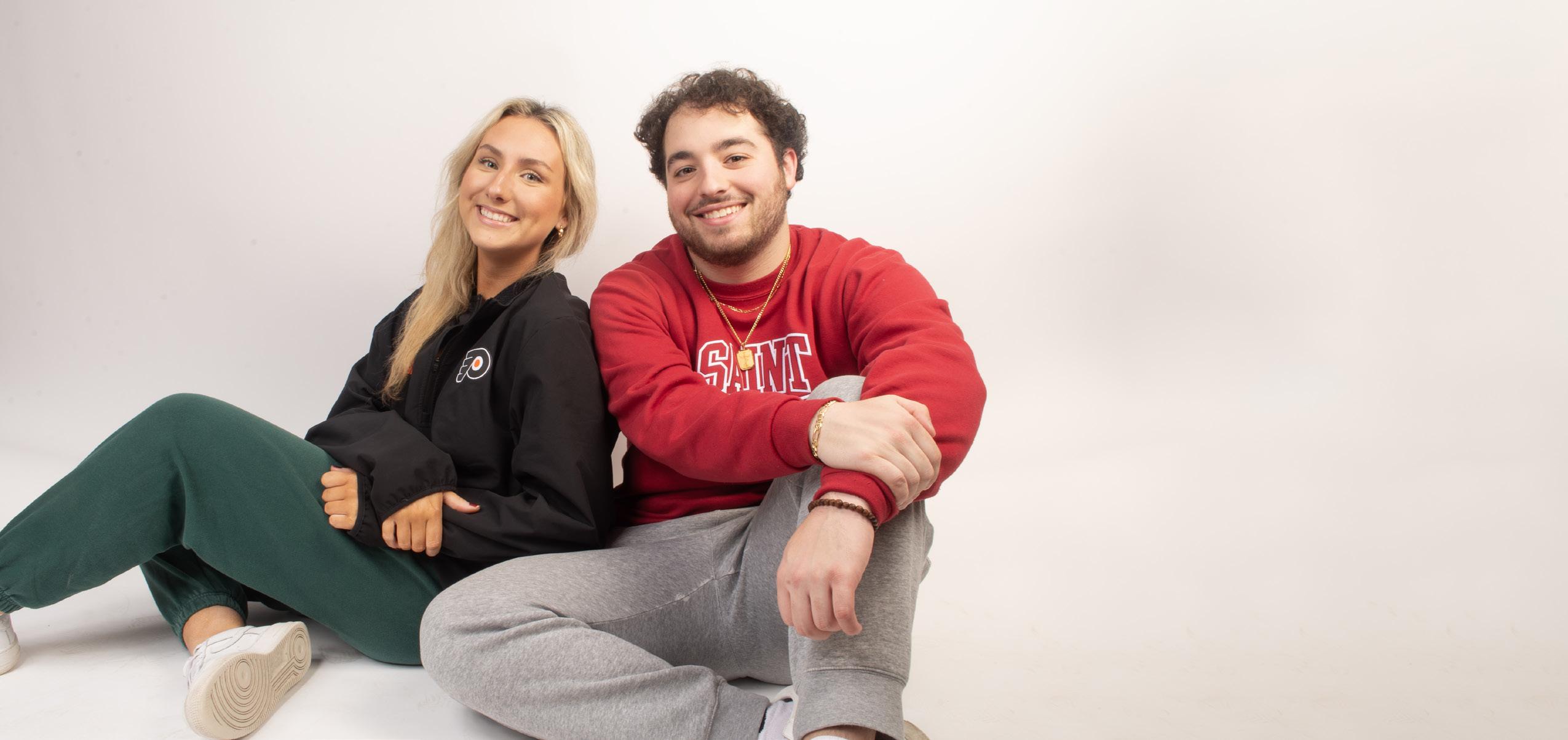
“Give yourself grace and realize that you are on an experimental journey, where you are discovering what works best for you through trial-and-error. Just because something worked perfectly for someone else, does not mean it has to for you, but allow yourself that opportunity to find out.”
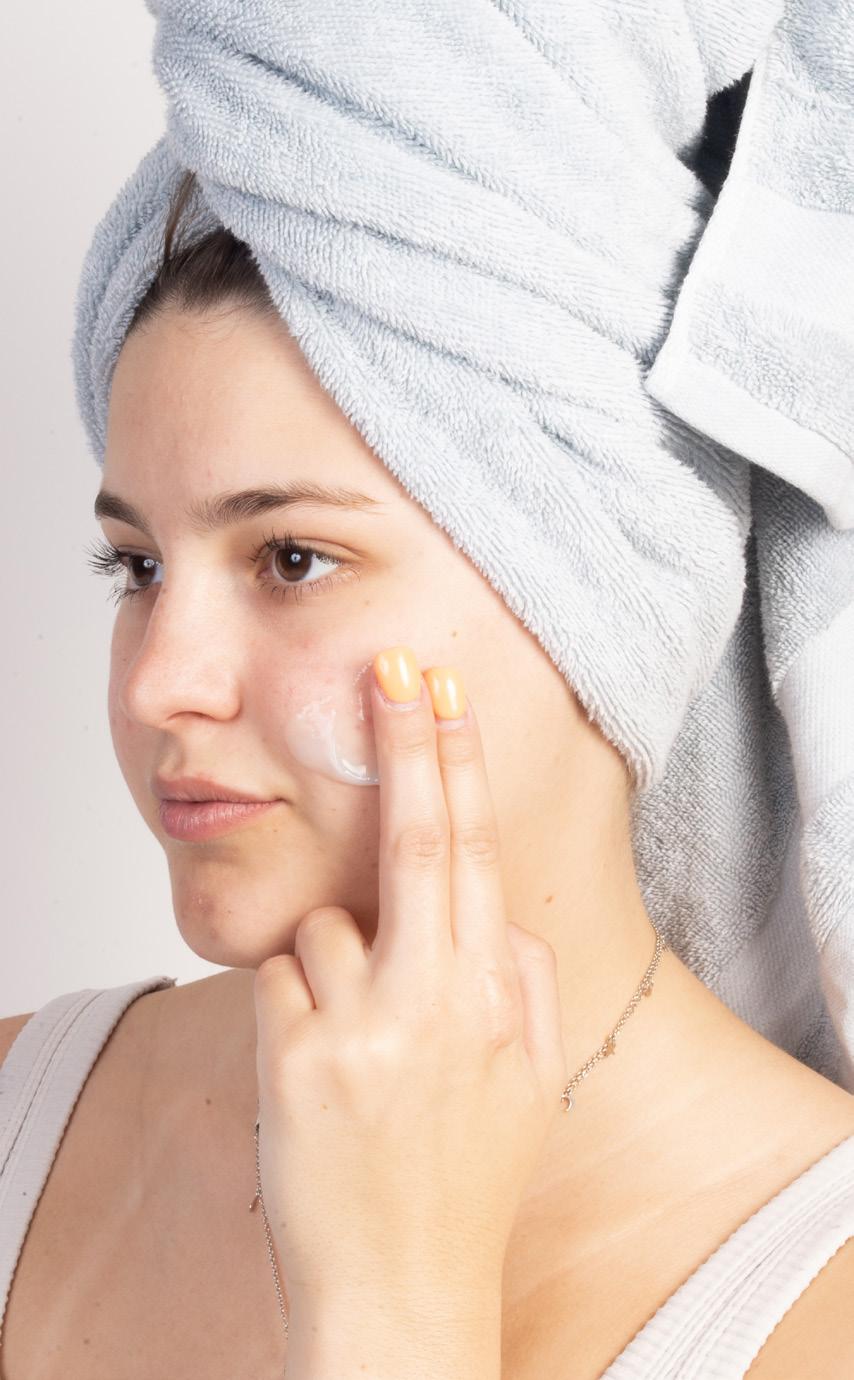

Paige, 22 years old, remembers struggling with her mental health for pretty much her whole life, but wasn’t officially diagnosed with anxiety until early high school. Since then, she has discovered various effective strategies for managing her anxiety. Some of these healthy habits include exercising, meditating, attending therapy, socializing, designing, and more. Paige is also a strong advocate for therapy and openly discussing one’s emotions with others. She emphasizes self-care by prioritizing her own needs and doing whatever is necessary for her well-being. Whether it is keeping her space clean, taking care of herself phyiscally, communicating with her close friends, or giving herself time to relax, she puts her needs first to take the pressure off of herself.
“Self-care to me is going out of your way to take care of yourself.”
Julia, 22 years old, has faced anxiety challenges throughout her life, even from when she was little. Her anxiety comes to the surface especially when it comes to public speaking and navigating uncertainties. Despite these ongoing struggles, she has found some successful strategies to soothe her anxiety and keep it under control as needed. These include calming activities like taking walks, expressing herself through painting, practicing meditation to find inner peace, and going to therapy sessions to work through her emotions. Julia also advocates for taking mental health days, as she recognizes the value of stepping back to recharge, often choosing to spend time alone to reflect and rejuvenate.
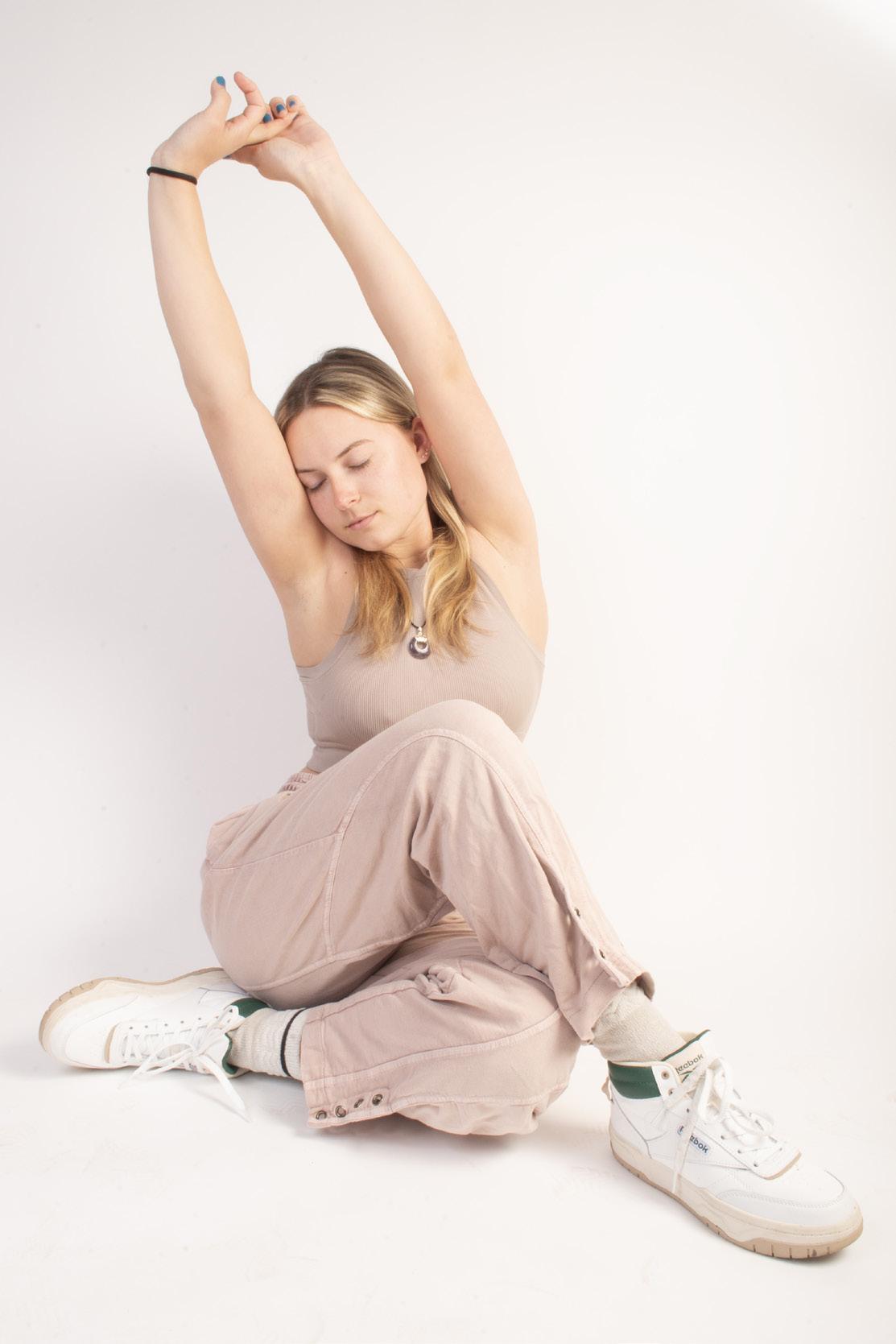


is 22 years old, and has struggled with her mental health for about 10 years now. Mainly struggling with anxiety and some depression, Lenora says she specifically had a hard time with academics, often pushing herself too hard which took the fun out of learning and achievements. She has since learned to navigate past these struggles and help herself by using a variety of helpful tips. Some of her favorite things to do to help her through her struggles are journaling, creating moodboards, planning fun weekends, and keeping her space organized.
“Confide in people that you trust. Your brain may be telling you that you are alone or that no one else is experiencing what you are experiencing, but that is simply not true. Find a friend, coworker, professor, trusted relative, or ANYONE that you can talk to.”
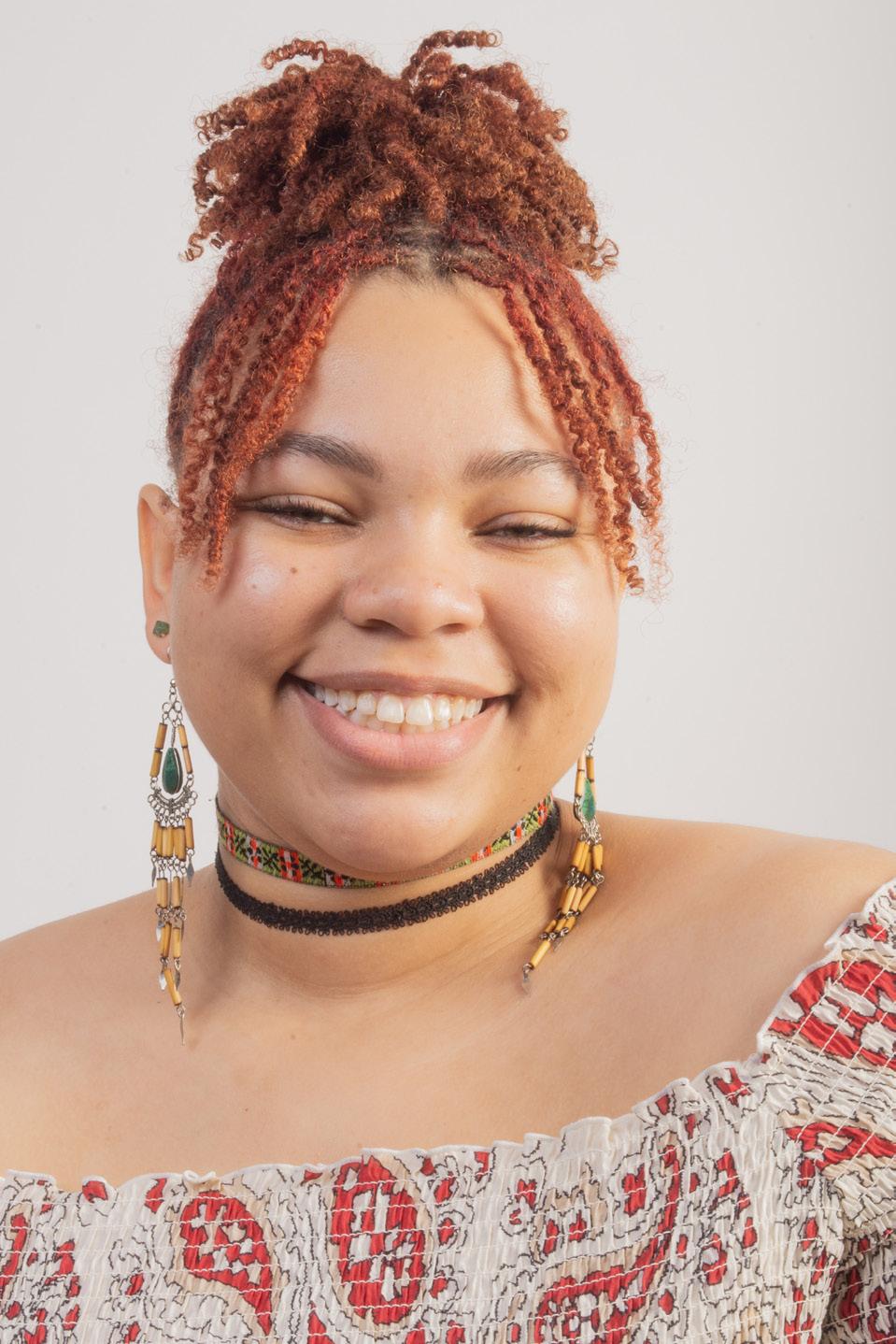
“Finding moments that bring you happiness or allow a distraction help the most. It becomes harder to just sit with your thoughts, so getting up and doing things really gets your mind off of situations sometimes.”
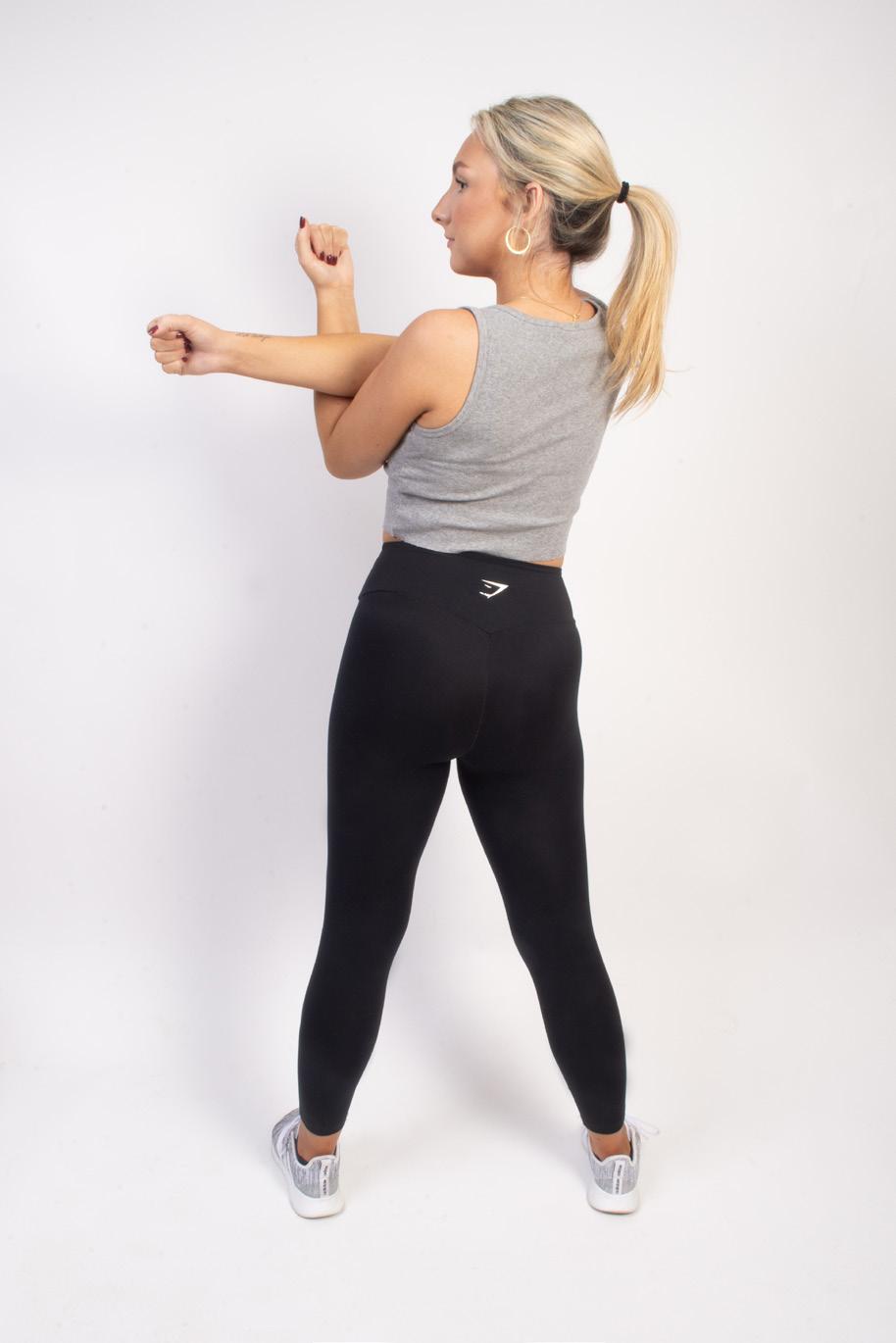
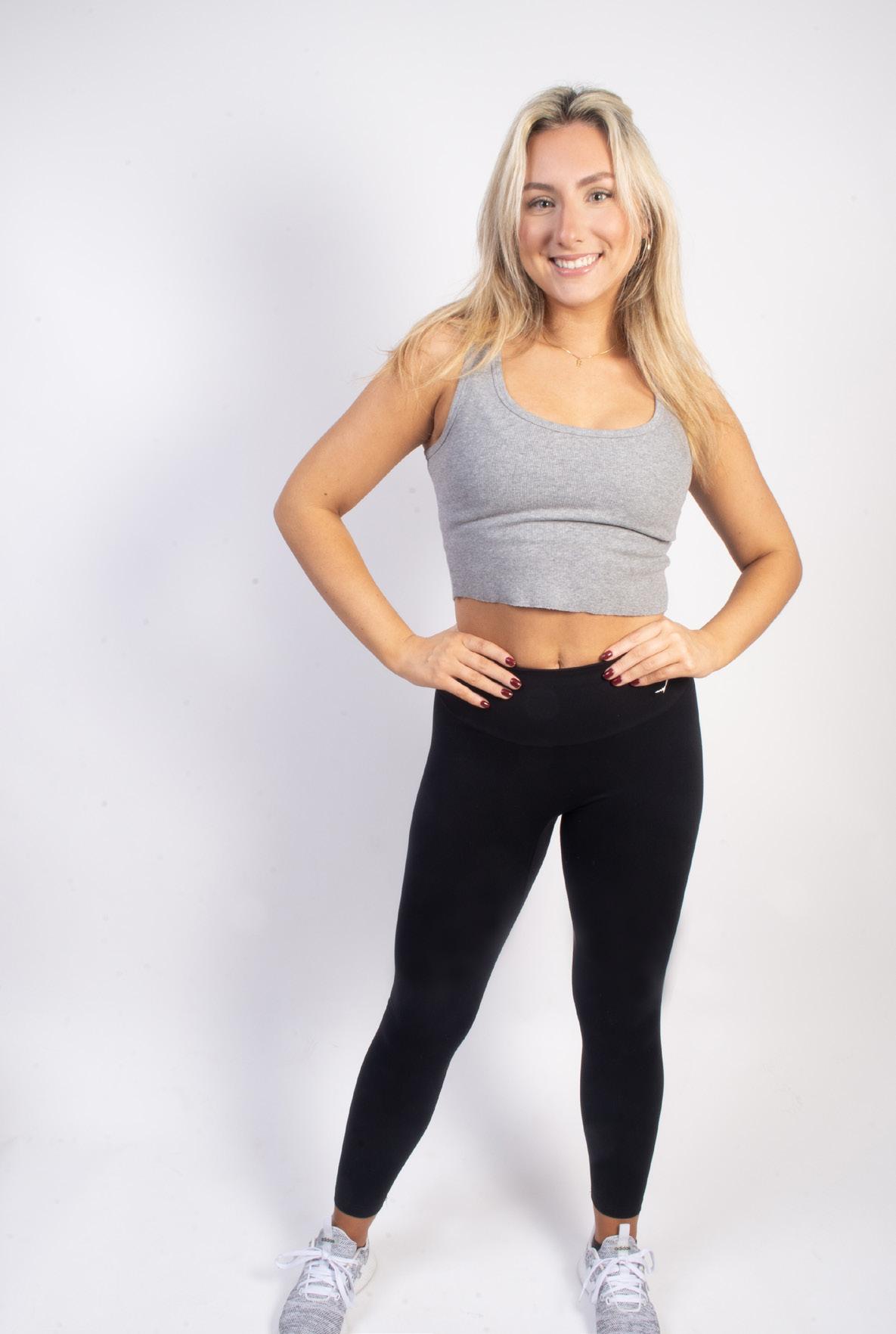
Emily is 22 years old in her final semester of college, and has been dealing with mental health challenges for about five years, largely due to past personal traumas. These experiences have led to her struggles with both social and generalized anxiety, which affect her daily. Emily has discovered that exercise is not only beneficial for her physical health, but also provides a mental escape and helps clear her mind. Additionally, she values the importance of self-care and finds that simple acts, like spending time alone at the gym or enjoying a long shower, are essential for centering herself.

is 21 years old, and has faced mental health challenges during his college years, primarily due to academic pressures and a tendency to overthink situations, leading to anxiety. He has found care and support by turning to close friends, which has been very beneficial to him. To improve his mental well-being, Michael has started the healthy practice of maintaining a gratitude journal. This helps him focus on the positive aspects of his day, which puts him in a better mindset and helps him recognize the good in his life. Additionally, he values taking downtime alone to create some personal space, often playing video games.
“Find your niche stress reliever. Whatever you do by yourself that puts you in your own world and comfort zone, go to it when possible to help recenter yourself.”

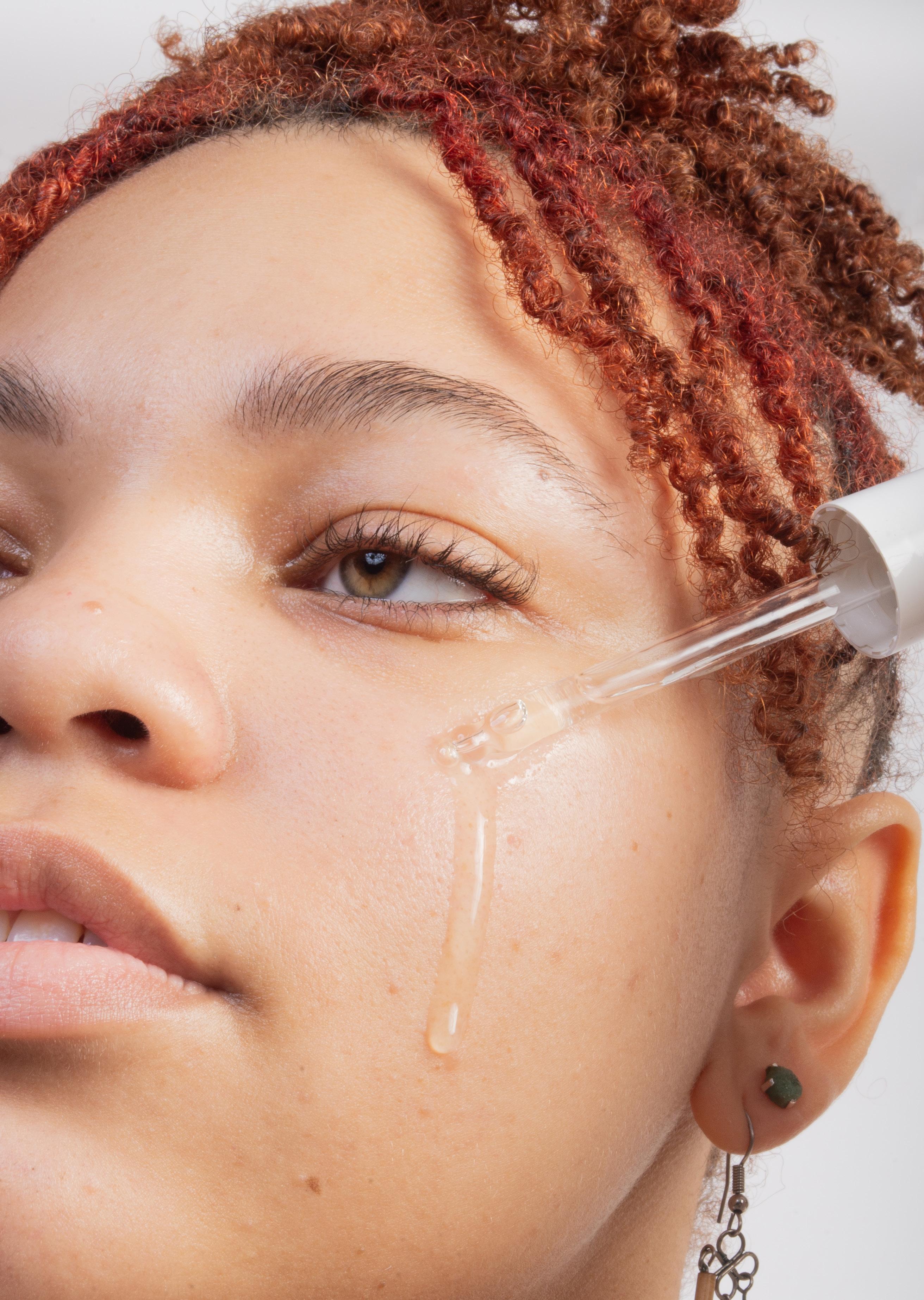
models Michael Angiolillo, Emily Cooney, Paige Jansen, Julia Kwiatek, Lenora Thomas designer, photographer, & editor Dana Pezzuti
inspired by Mantra Wellness, The Blissful Mind, Thoughtfully
Aayushi. (2024, January 2). 10 side effects of using a phone first thing in the morning. Healthshots. https://www.healthshots.com/mind/mental-health/side-effects-of-using-phone-in-themorning/
Hansson, Anna, et al. “What Kind of Self-Care Strategies Do People Report Using and Is There an Association With Well-Being?” Social Indicators Research, vol. 73, no. 1, 2005, pp. 133–39, https://doi.org/10.1007/s11205-004-0995-3.
Interconnectedness and nature — My best self 101. (n.d.). My Best Self 101. https://www. mybestself101.org/interconnectedness-nature
Medicine, N. (2022, December 14). Health benefits of having a routine. Northwestern Medicine. https://www.nm.org/healthbeat/healthy-tips/health-benefits-of-having-aroutine
Medium. (n.d.). Medium. https://medium.com/@glaceorg/the-power-of-personal-carewhy-self-care-products-are-essential
Moore, T. (2024, March 12). Mental health statistics 2024. USA TODAY Blueprint. https:// www.usatoday.com/money/blueprint/health-insurance/mental-health-statistics/
The outdoors and nature. (n.d.). Mental Health America. https://mhanational.org/ surroundings/outdoors-nature